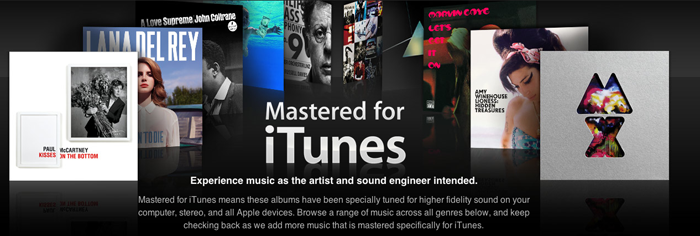Or, How to Convert an Atheist in Seven Extremely Difficult Steps
Faith, defined a little too simply, is a belief one holds without evidence. Perhaps that definition sounds somewhat derogatory or appears to contain an implied rebuke. But people of all stripes have beliefs they cling to for no intellectually defensible reason, whether they be common superstitions (“Crime is more prevalent during the full moon” — it isn’t), personal idiosyncrasies (“Something good always happens to me when I wear my lucky sweater”) and even moral or philosophical precepts (“If I make a point of being trusting and kind, others will be encouraged to follow my example”). Most beliefs of this sort are quite harmless, a few are beneficial and the rest are a small price to pay for the freedom to be occasionally irrational. I think it would be a terribly dull world if everyone had a solid empirical basis for everything they did. Besides, I’d probably have to stop buying lottery tickets, and I like having something to fuel my daydreams.
The snag is that a belief held without evidence is also extremely resistant to change. Christopher Hitchens once said that anything that is claimed without evidence can be dismissed without evidence. That’s an intellectually justifiable position, but not a very satisfying one, at least not if you find yourself wrangling with someone whose judgement you otherwise respect about an issue you can’t agree on. Faith beliefs are felt in the gut; they accord with our sense of how the world operates and are the result of influences we are mostly unaware of, from our parents and families to the media messages we’re exposed to every day. Though I defend recreational irrationality, I don’t hold it as justification for never changing your mind. Resistance to evidence is usually rooted in fear: fear of admitting you may be wrong and feeling stupid, fear of having your worldview attacked, fear of having to start at square one in determining just what it is you believe. This kind of fear is unhealthy and ought to be stood up to, at least once in a while. So occasionally I undertake the mental exercise of determining what it would take to change my mind on an issue I care deeply about. Today’s issue: religion.
I am an atheist, and I am an atheist of a particular stripe: I do not believe in a god or gods. That is not the same as saying “there is no god.” The latter is a statement about the nature of reality, the former about one’s own knowledge and the limits thereof; another way of saying it might be “I have seen no evidence of a god.” This distinction is sometimes called “soft atheism” versus “hard atheism” (neither of which are to be confused with agnosticism, an oft-misused word that describes the belief that true knowledge of god’s existence or non-existence is unknowable by human standards). In practical terms, there is not much daylight between the two positions, and holders of either belief/nonbelief would be indistinguishable in how they lived their lives. The only difference is that one has come to a conclusion and the other hasn’t. In the spirit of jiggling a knife into that small chink in the armor of certainty, and in keeping with Carl Sagan’s dictum that “extraordinary claims require extraordinary evidence,” here are the conditions I would require to renounce my atheism and adopt a belief in god. Continue reading






